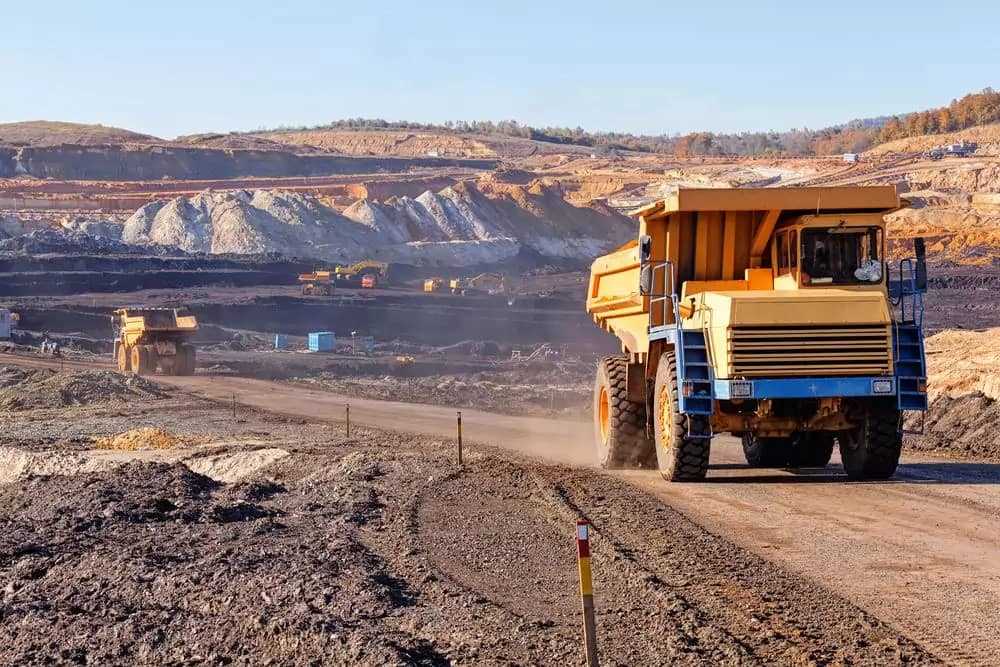
Rutendo Mazhindu
ZimNow Reporter
ENVIRONMENT, Climate and Wildlife Minister Dr Evelyn Ndlovu has called for immediate and coordinated action to tackle climate change, warning that delayed responses will lead to irreversible damage.
Speaking at the Utariri Day commemorations in Harare on Dr Ndlovu said climate change is no longer an issue for tomorrow, but a crisis that must be addressed urgently.
“Climate change is no longer an issue we can wait to respond to tomorrow. It is an issue we must address now…today, without fail,” she said.
She described climate change as the greatest challenge of the 21st century, already disrupting ecosystems, economies and human lives worldwide.
“Climate change is arguably the greatest challenge facing humanity in the 21st century. Its impacts have significantly altered the natural world and affected global economic performance and human well-being,” she said.
Zimbabwe, like many African countries, has been severely affected by extreme weather events, including droughts and erratic rainfall patterns. A recent UN study estimates that climate-related damage to agriculture, infrastructure, health and productivity could cost US\$38 trillion annually by 2050 and lead to a 19% drop in global income.
Related Stories
Dr Ndlovu said Africa’s climate vulnerabilities are increasing, with temperatures rising faster than in other parts of the world. She highlighted how climate change is worsening gender inequality, putting women and girls at greater risk.
“This places the double burden of climate change and gender inequality on our communities, making women and girls even more vulnerable. They are more likely to have less access to economic and social services in the face of climate impacts,” she said.
“This will exacerbate existing threats of limited education and livelihood opportunities for women and girls, already facing more restrictive resources and rights surrounding land tenure, social and legal services, and infrastructure.”
The Minister also noted that although Africa contributes less than 4% of global greenhouse gas emissions, it bears the brunt of the crisis, with limited capacity to adapt.
“We as Africa have limited financial capacity to adapt to the impacts of climate change, despite contributing less than four percent of global greenhouse gas emissions,” she said.
Dr Ndlovu called for more climate financing targeted at local communities, stressing that adaptation must be locally driven.
“We are therefore also being challenged today as Government to increase climate finance flows to the local level, to address these very local and very specific needs because while the impacts of climate change are being experienced globally, they are not evenly distributed.”
She said communities are best placed to identify the solutions they need and called for improved access to climate funding in line with the ‘principles of locally led adaptation’ developed in 2021.
“This includes strengthening their direct access to climate finance for us to realise the rewards of the ‘principles of locally led adaptation’ developed in 2021 and increasingly being viewed as best practice for designing and funding adaptation interventions at the local level,” she said.










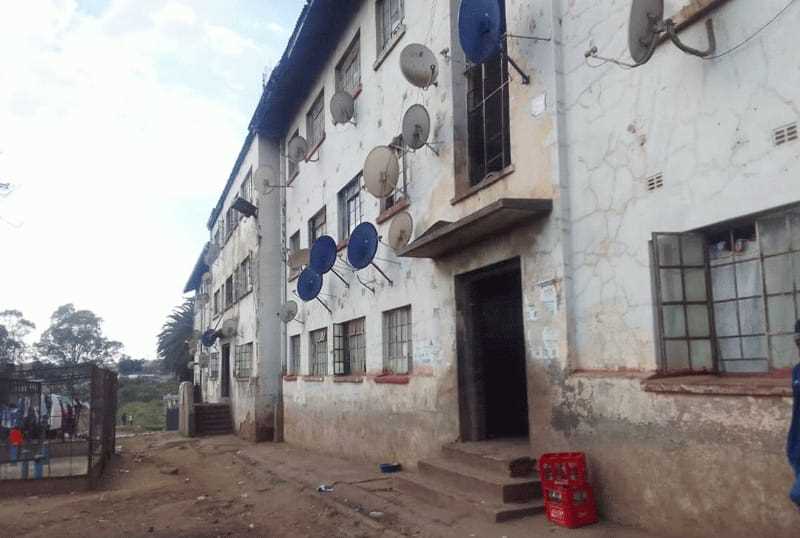
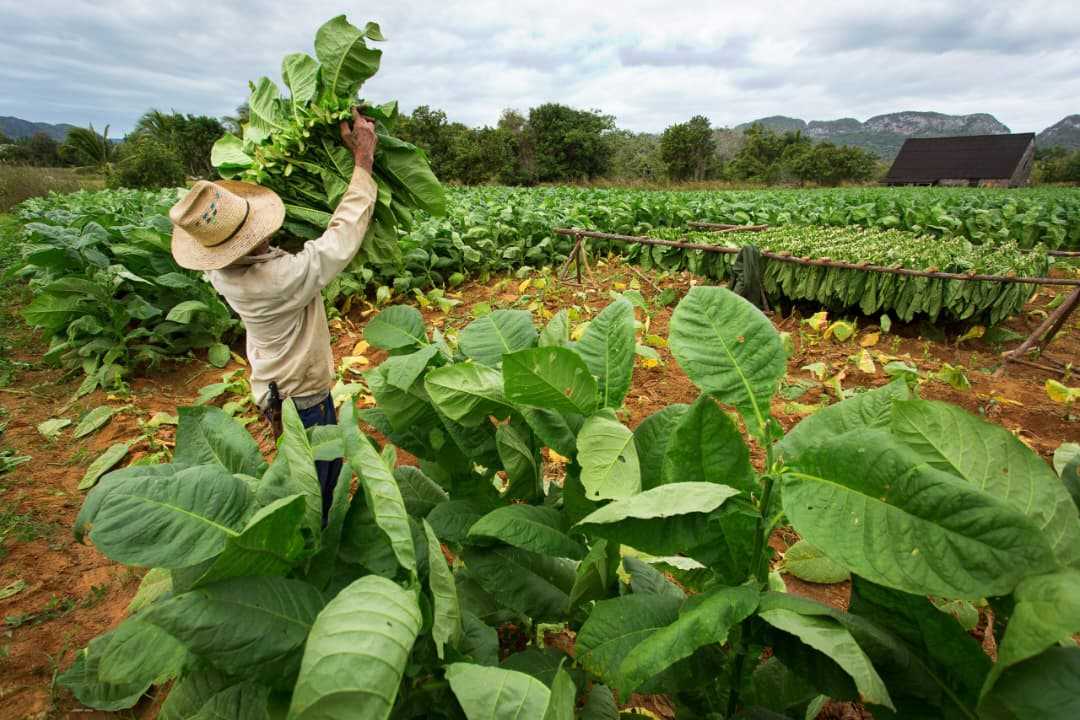
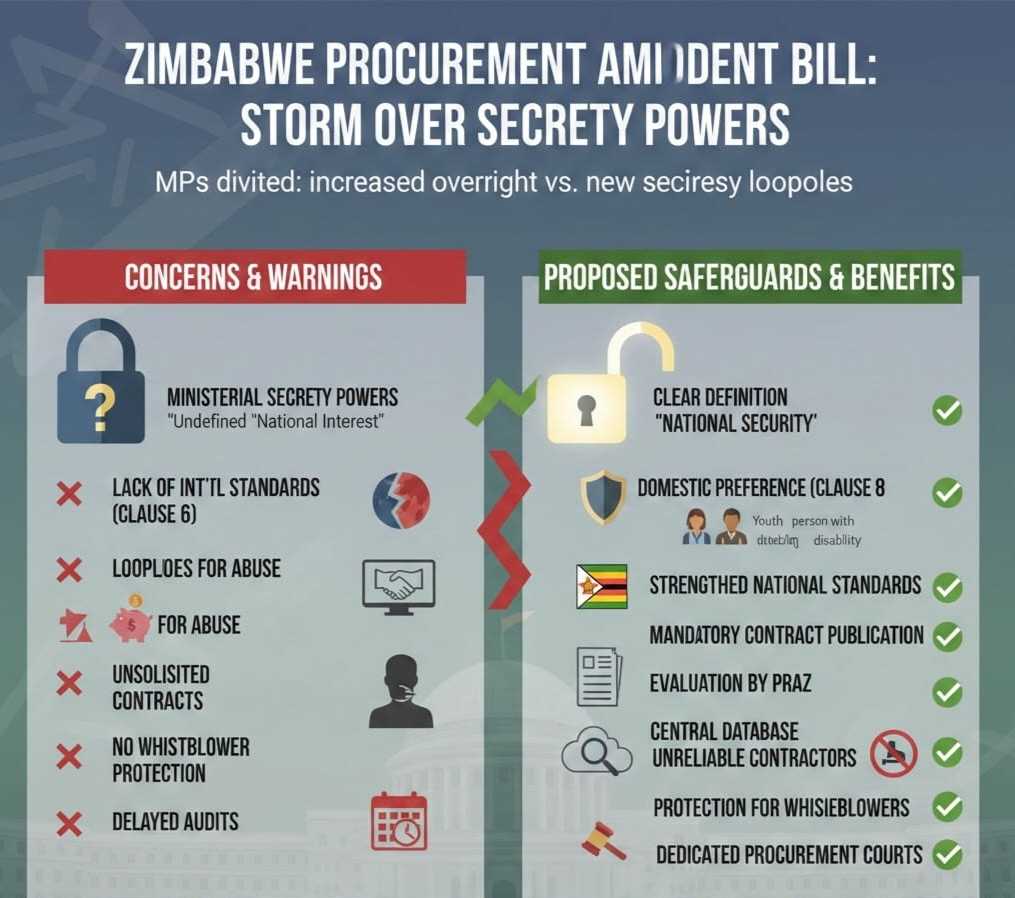




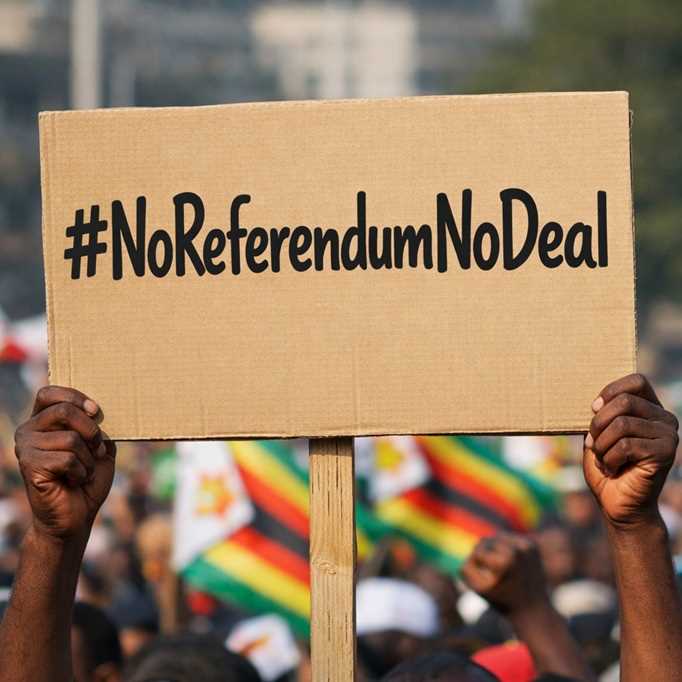


Leave Comments